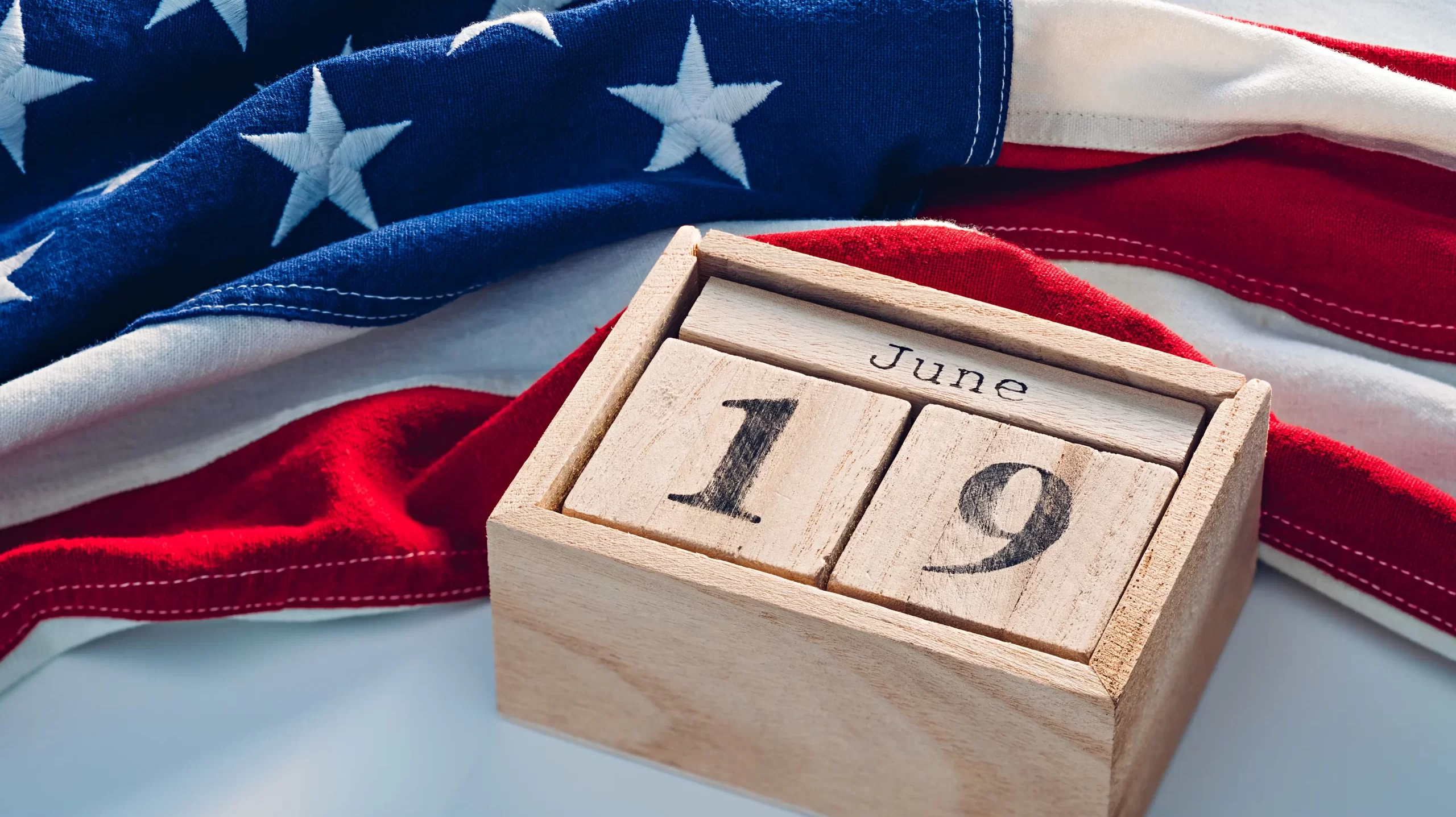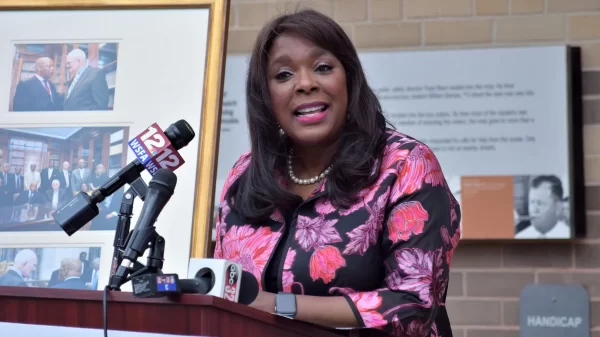|
Getting your Trinity Audio player ready...
|
On June 19, 1865—a full 71 days after the Civil War ended—Union Army Major General George Granger reached Galveston, Texas to announce General Order No. 3, declaring “all slaves are free.” He arrived nine hundred days after President Abraham Lincoln issued the Emancipation Proclamation. Liberation had finally reached the shores of Texas. The date June 19, 1865, became Juneteenth, the oldest annual Black freedom celebration in the United States.
Martyred by an assassin’s bullet in April 1865, President Abraham Lincoln issued the Emancipation Proclamation two years, five months, and 18 days before Granger’s announcement. Conceived of as a war measure, the Emancipation Proclamation took effect on January 1, 1863, and semiotically changed the legal status of all bondwomen and bondmen. It applied only to the Confederate States that were at war against the United States. However, enslaved Blacks saw Lincoln as their president not Confederate President Jefferson Davis. When they heard Lincoln had freed them, bells pealed throughout the North. January 1st became Jubilee and Black churches started a tradition of “watch night” services on December 31st to call in the New Year. The Emancipation Proclamation endeared Black voters to the Republican Party, “The Party of Lincoln.” This allegiance to the Republican Party lasted until the presidential election of John F. Kennedy, a Democrat, in 1960.
The Emancipation Proclamation did not apply to the border slave states of Delaware, Kentucky, Maryland, and Missouri. Asked if he thought God was on his side, Lincoln said he hoped so but he “needed Kentucky more.” The Emancipation Proclamation did not cover 13 parishes in Louisiana, 48 counties in Virginia that became the state of West Virginia, and the western counties in Tennessee. A deleterious Lincoln explained in a letter to New York Tribune editor Horace Greeley in 1862, “My paramount object in this struggle is to preserve the Union and is not either to save or destroy slavery.”
The Emancipation Proclamation broadened the Union Army’s scope, ostensibly making the Civil War an effort to eradicate slavery, an objective not fully accomplished until the ratification of the 13th Amendment. Changing the United States Constitution in December 1865, the 13th Amendment abolished slavery and involuntary servitude—except as punishment for a crime. It overturned Dred Scott v. Sandford, the 1857 decision of the Supreme Court of the United States that sanctioned property in a Negro slave and protected a slave owner’s right to travel temporarily—the sojourner’s clause—with his slave chattel in a slave-free state and territory without risk of having that property absconded. Supreme Court Chief Justice Roger B. Taney wrote the majority opinion in Dred Scott asserting “The Negro race is regarded as so inferior that it has no rights which the white man is bound to respect, and the Negro may lawfully be reduced to slavery for his benefit.”
The Fourteenth Amendment, ratified in 1868, made all persons born or naturalized in the U.S., citizens of the United States and citizens of the states wherein they reside. Parenthetically, the United States Constitution now protected Black citizens. For the first time since their arrival in the North American colonies that became the United State of America, Black Americans enjoyed rights white men were bound to respect. The two so-called Reconstruction amendments, the 13th and 14th, as one observer opined, were not to give the Black man any privileges not belonging to the white man, but to place them both on equal footing.
It is fortuitous that the federal holiday Juneteenth is right before the Fourth of July federal holiday as the former compels one to reflect on the latter. Abolitionist Frederick Douglass offered his reflection on July 5, 1852, in Rochester, New York. Douglass asserted, “The blessings in which you rejoice are not enjoyed in common. The rich inheritance of justice, liberty, and prosperity bequeathed by your fathers is shared by you, not by me. The Fourth of July is yours, not mine.”
Human equality is a self-evident truth, and liberty—freedom—is an unalienable right. Black Texans knew this long before Major General George Granger arrived in Galveston to declare them free. The blessings of freedom have energized disenfranchised and disinherited people around the world from the beginning of humankind.
Frederick Douglass closed his 1852 “The Meaning of the Fourth of July for the Negro” speech with the following, “’The arm of the Lord is not shortened,’ and the doom of slavery is certain. I, therefore, leave off where I began, with hope.”
Happy Juneteenth.




















































